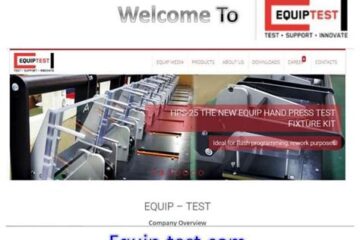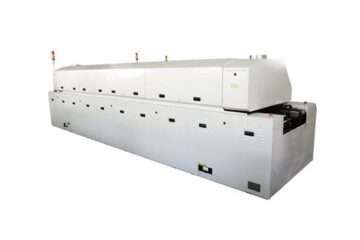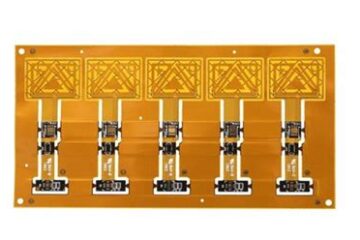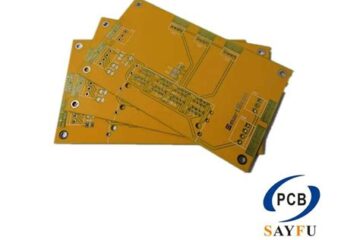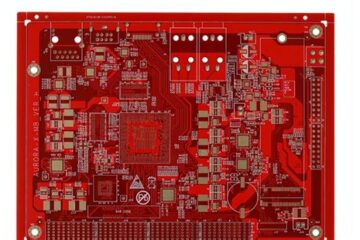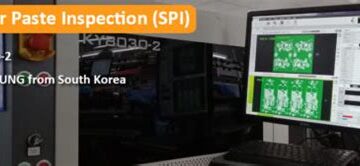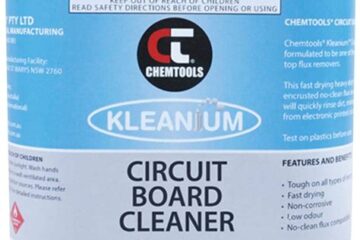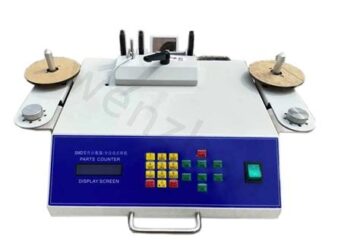PCBA
How much does the in-circuit test cost?
Factors Affecting In-circuit test cost PCB Complexity The complexity of the PCB is one of the primary factors that determine the cost of in-circuit testing. PCBs with a higher number of components, layers, and test points require more time and resources to test, resulting in increased costs. The following table illustrates the relationship between PCB complexity and the associated testing costs: PCB Complexity Number of Components Number of Layers Test Points Relative Cost Simple < Read more…
